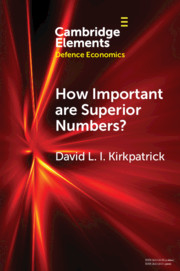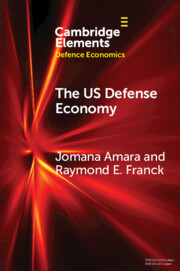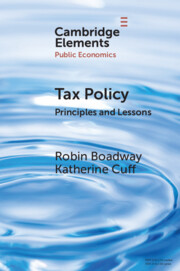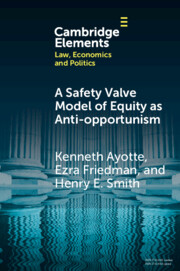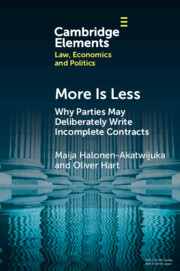How Important are Superior Numbers?
A century ago Frederick Lanchester formulated a mathematical model of combat which suggested that the combat power of a military force was proportional to the product of the individual effectiveness of the units in the force and the square of the number of units deployed. This model reinforced a long-established faith in the importance of superior numbers. However, successive historical studies failed to identify any clear relationship between the numbers and losses in opposing forces. This Element analyses American Civil War battles, and shows that the ratio of losses incurred was inversely proportional to the ratio of numbers effectively engaged. This result demonstrates that the numbers of fighting units in a military force are less important than the ability of those units to get into action and inflict losses on the enemy. This result demonstrates the limitations of the Square Law, and should prevent it from being applied indiscriminately.
Product details
March 2021Paperback
9781108977876
75 pages
150 × 230 × 6 mm
0.16kg
Available
Table of Contents
- 1. Introduction
- 2. Historical background to the quality/quantity quandary
- 3. Lanchester's combat models
- 4. Problems in validation
- 5. Some past attempts at validating Lanchester's combat models
- 6. Features of the American Civil War 1861-65
- 7. Study of American Civil War battles
- 8. Evidence from wars before the American Civil War
- 9. Evidence from wars after the American Civil War
- 10. The influence of Lanchester's Square Law (?)
- 11. Overview
- 12. Conclusions.

